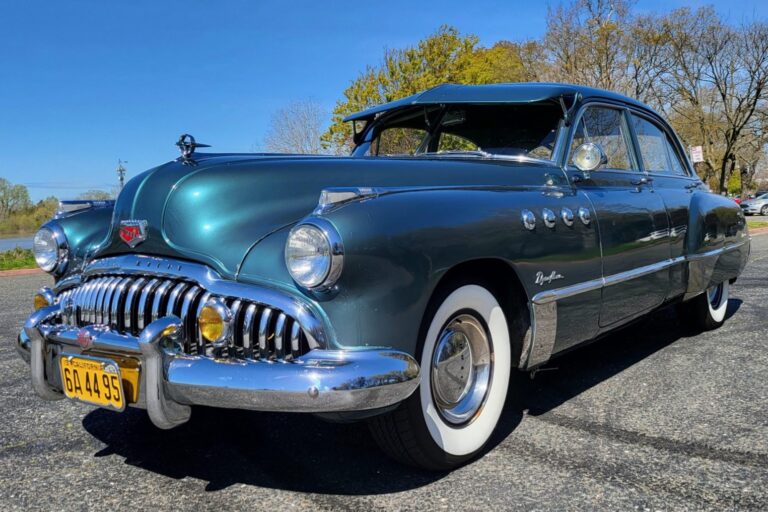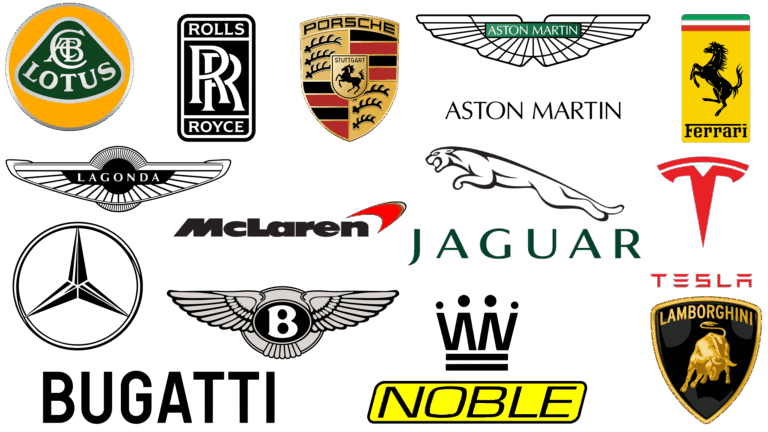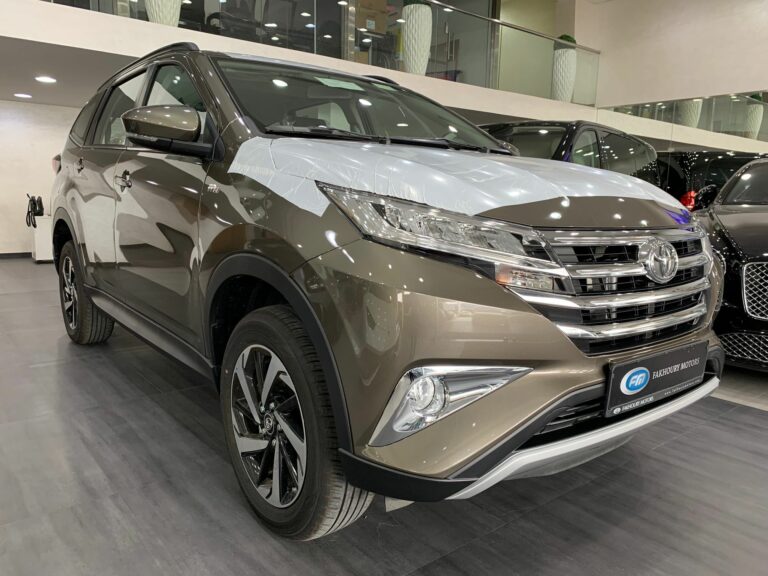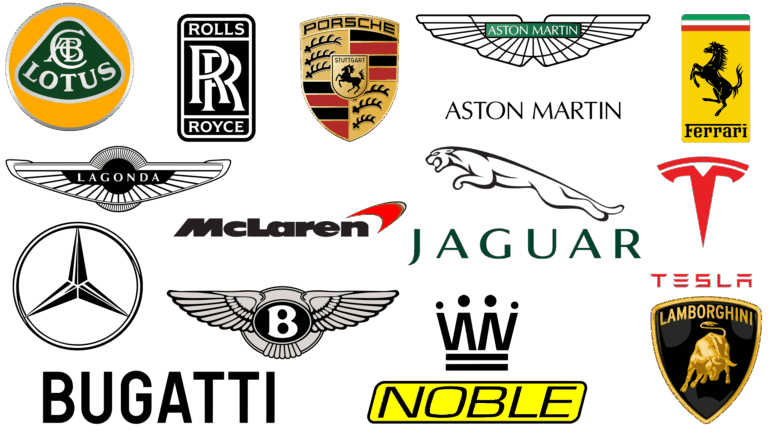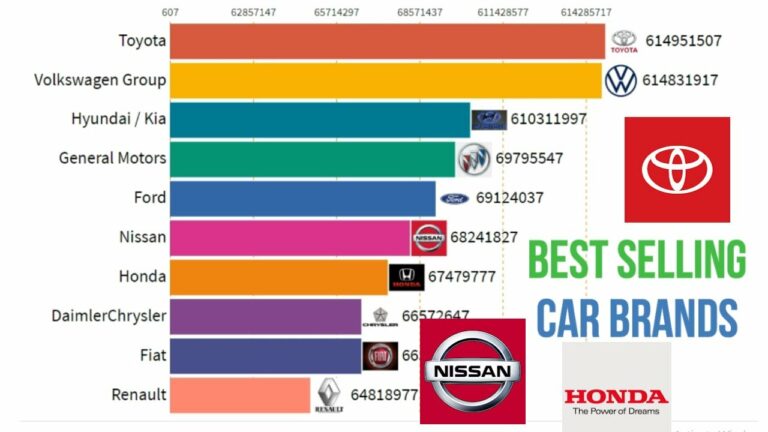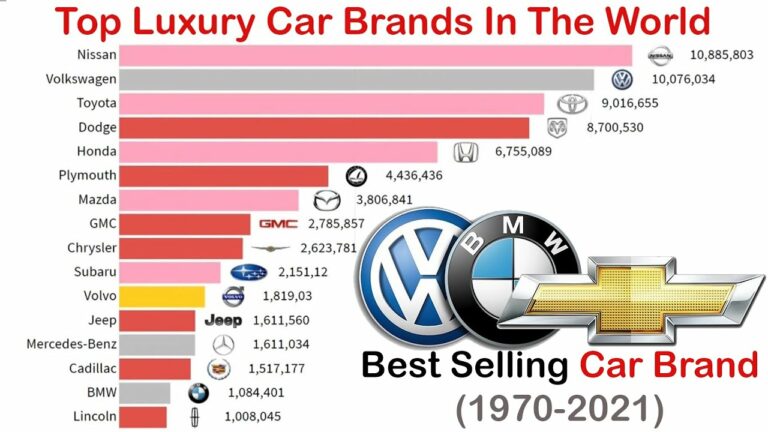Top 5 Car Tire Brands: A Comprehensive Guide to Choosing Your Next Set
Top 5 Car Tire Brands: A Comprehensive Guide to Choosing Your Next Set cars.truckstrend.com
The tires on your vehicle are more than just rubber rings that make it move; they are the sole point of contact between your car and the road. As such, they play a paramount role in your safety, vehicle performance, fuel efficiency, and overall driving experience. Choosing the right tires is a critical decision that impacts everything from braking distance to handling in adverse weather conditions. With a myriad of brands and models available, identifying the best can be daunting. This comprehensive guide will navigate the landscape of top tire manufacturers, highlighting the "Top 5 Car Tire Brands" that consistently deliver excellence in quality, innovation, and reliability, helping you make an informed choice for your vehicle.
The Foundation of Performance and Safety: Why Tire Brands Matter
Top 5 Car Tire Brands: A Comprehensive Guide to Choosing Your Next Set
Every tire brand brings its unique engineering philosophy, technological advancements, and quality control standards to the market. While all tires must meet basic safety requirements, the leading brands invest heavily in research and development to push the boundaries of performance, longevity, and specialized capabilities. A reputable brand often signifies a commitment to superior materials, advanced tread designs, and rigorous testing, all of which translate into better grip, reduced road noise, improved fuel economy, and enhanced durability. Understanding what each top brand excels at can help you align your choice with your driving habits, vehicle type, and local climate.
Let’s delve into the top contenders that have earned their place at the pinnacle of the tire industry.
Exploring the Top 5 Car Tire Brands
1. Michelin (France)
Overview: Hailing from France, Michelin is arguably the most globally recognized and respected tire brand. With a history spanning over 130 years, Michelin is synonymous with innovation, quality, and performance. They are a leading supplier for original equipment manufacturers (OEMs) for many luxury and performance vehicles.
Key Strengths & Technologies: Michelin is celebrated for its exceptional longevity, superior wet and dry grip, and fuel efficiency. Their innovative technologies include EverGrip™ compound for consistent grip throughout the tire’s life, Comfort Control Technology™ for reduced road noise, and advanced silica compounds for improved rolling resistance. They are pioneers in run-flat and self-sealing tire technologies.
Popular Tire Lines:
- Michelin Pilot Sport: High-performance tires for sports cars, offering superb handling and grip.
- Michelin Defender: All-season touring tires known for their incredible tread life and comfort.
- Michelin Premier: Advanced all-season tires designed to maintain performance even as they wear.

Best For: Drivers seeking premium quality, long-lasting tires with excellent all-around performance, superior comfort, and fuel efficiency. Ideal for luxury cars, performance vehicles, and everyday commuters who prioritize safety and durability.
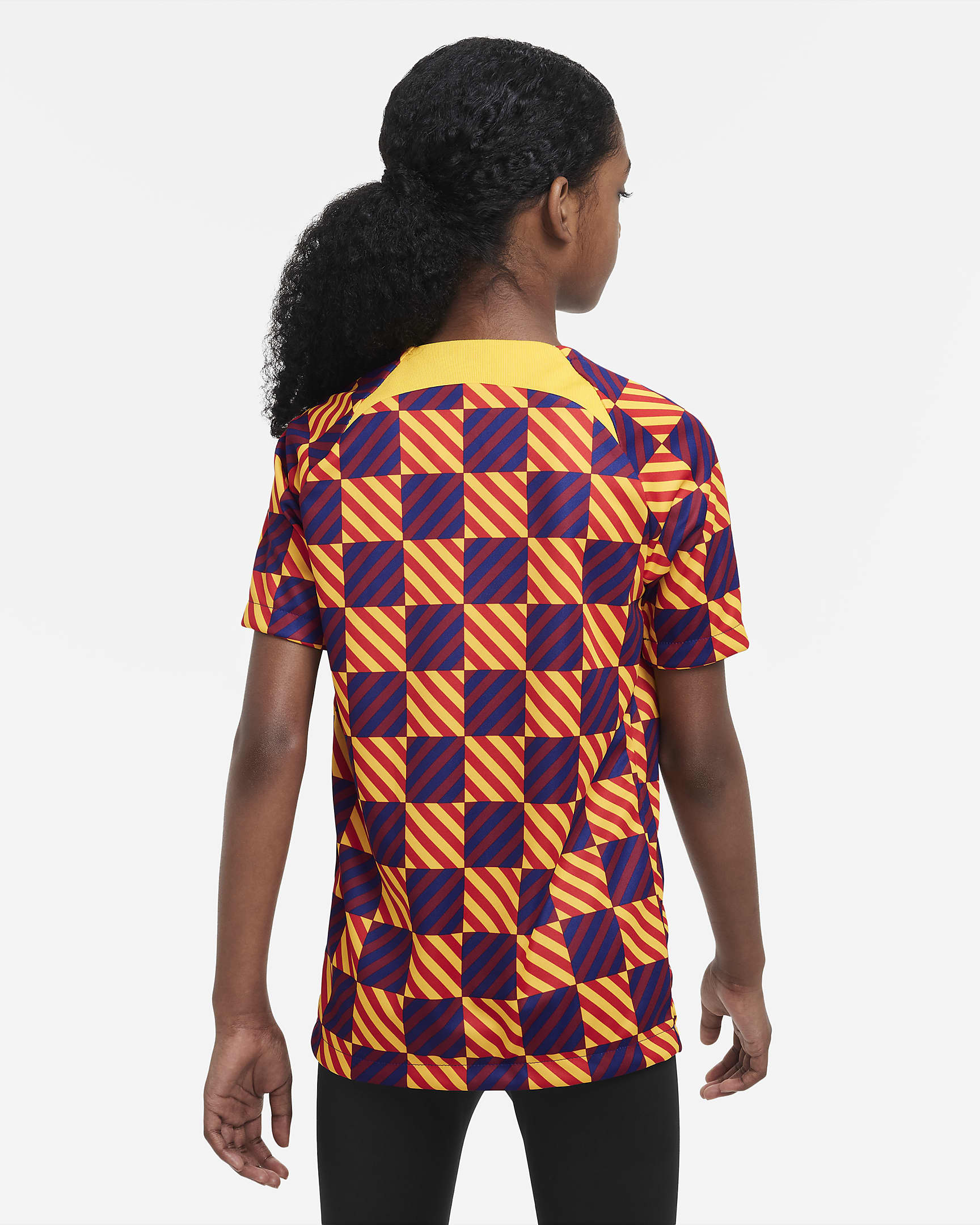
Considerations: Michelin tires often come with a higher price tag, reflecting their premium positioning and advanced technology.
2. Goodyear (USA)
Overview: An American icon, Goodyear has been a dominant force in the tire industry for over a century. Known for its broad range of tires for various vehicles and applications, Goodyear boasts a strong reputation for durability, reliability, and innovative design.
Key Strengths & Technologies: Goodyear excels in producing robust tires with excellent all-season capabilities and strong wet weather performance. Their technologies include Durawall™ Technology for enhanced sidewall durability, SilentArmor Technology™ for off-road resilience, and TredLock Technology™ for improved wet traction and cornering grip. They are also at the forefront of smart tire development.
Popular Tire Lines:

- Goodyear Assurance: A popular line of all-season tires offering a balance of comfort, quietness, and long tread life.
- Goodyear Wrangler: A comprehensive range of tires for SUVs and light trucks, known for their off-road capability and durability.
- Goodyear Eagle: Performance tires designed for sporty driving and responsive handling.
Best For: Drivers looking for reliable, durable tires with strong all-season performance. Excellent choice for SUVs, trucks, and everyday family vehicles.
Considerations: While versatile, some specific Goodyear models might not offer the extreme performance levels of specialized competitors in niche categories.
3. Bridgestone (Japan)
Overview: The world’s largest tire manufacturer, Bridgestone, a Japanese multinational, is renowned for its vast product line and strong emphasis on research and development. They are a major OEM supplier and a prominent name in motorsports.
Key Strengths & Technologies: Bridgestone is a leader in run-flat technology and offers tires known for their precise handling, strong braking performance, and excellent traction. Their innovative technologies include NanoPro-Tech™ for improved fuel efficiency, Uni-T™ for enhanced handling and braking, and their advanced Blizzak winter tire technology.
Popular Tire Lines:
- Bridgestone Turanza: Grand touring tires that provide a comfortable, quiet ride with good all-season traction.
- Bridgestone Potenza: High-performance tires favored by sports car enthusiasts for their grip and responsiveness.
- Bridgestone Blizzak: Industry-leading winter tires known for exceptional grip on ice and snow.
Best For: Drivers seeking a balance of performance, safety, and durability. Particularly strong for those needing reliable all-season performance, or top-tier winter tires, and for a wide range of vehicles from sedans to SUVs.
Considerations: While offering a wide range, some Bridgestone models might lean towards a firmer ride compared to certain comfort-focused competitors.
4. Continental (Germany)
Overview: A German engineering powerhouse, Continental is one of the world’s leading automotive suppliers, with tires being a core part of their business. They are highly regarded for their focus on safety, comfort, and advanced technology.
Key Strengths & Technologies: Continental tires are known for their exceptional braking performance, especially in wet conditions, superior handling, and a comfortable, quiet ride. Key technologies include ContiSilent™ for reduced interior noise, SportPlus Technology™ for precise handling and grip, and their advanced compound formulations for improved fuel efficiency and wear.
Popular Tire Lines:
- Continental PureContact: Premium all-season touring tires offering excellent comfort, quietness, and long tread life.
- Continental ExtremeContact: A diverse line of performance tires, including all-season and summer options, known for their superb grip and handling.
- Continental CrossContact: Tires designed for SUVs and CUVs, providing a balance of on-road comfort and light off-road capability.
Best For: Drivers prioritizing safety, refined comfort, precise handling, and reliable wet weather performance. Ideal for luxury vehicles, performance sedans, and those who value a smooth, quiet ride.
Considerations: Similar to Michelin, Continental tires often represent a premium investment, but their performance justifies the cost for many drivers.
5. Pirelli (Italy)
Overview: An Italian brand synonymous with high-performance and luxury, Pirelli has a rich heritage in motorsports, particularly Formula 1. They are a preferred OEM supplier for many of the world’s most prestigious sports car brands.
Key Strengths & Technologies: Pirelli tires are engineered for speed, precision, and ultimate grip. They excel in handling at high speeds, responsive steering, and striking aesthetics. Their technologies include the Pirelli Noise Cancelling System (PNCS) for reduced cabin noise, Seal Inside™ for puncture resistance, and advanced compounds derived from their motorsport experience.
Popular Tire Lines:
- Pirelli P Zero: The flagship ultra-high-performance tire, designed for sports cars and luxury sedans, offering exceptional grip and handling.
- Pirelli Cinturato: A range of eco-friendly and touring tires that balance performance with fuel efficiency and comfort.
- Pirelli Scorpion: Tires specifically designed for SUVs and CUVs, offering a blend of on-road performance and light off-road capability.
Best For: Enthusiast drivers of sports cars, luxury sedans, and high-performance SUVs who demand maximum grip, precise handling, and a sporty driving experience.
Considerations: While excelling in performance, Pirelli tires may have a shorter tread life compared to touring tires from other brands and are often at the higher end of the price spectrum. They may also prioritize performance over ultimate ride comfort in some models.
Key Factors to Consider When Choosing Tires
Beyond brand reputation, several critical factors should guide your tire selection:
- Driving Habits & Conditions: Do you drive aggressively or conservatively? Mostly city, highway, or off-road? What are the typical weather conditions in your area (snow, heavy rain, extreme heat)?
- Vehicle Type: Sedans, SUVs, trucks, sports cars – each has specific tire requirements related to load capacity, speed rating, and handling characteristics.
- Tire Type:
- All-Season: Versatile, good for most climates with mild winters.
- Summer/Performance: Optimized for warm weather, superior dry and wet grip, but poor in cold or snow.
- Winter/Snow: Specialized tread patterns and compounds for grip on ice and snow.
- All-Terrain/Mud-Terrain: For off-road vehicles, providing traction on rough surfaces.
- Tire Specifications (from your vehicle’s placard/manual):
- Size: Width, aspect ratio, and wheel diameter (e.g., P205/55R16).
- Load Index: Maximum weight the tire can support.
- Speed Rating: Maximum safe speed for the tire.
- UTQG (Uniform Tire Quality Grade):
- Treadwear: Relative wear rate (higher number = longer life).
- Traction: Ability to stop on wet pavement (AA, A, B, C).
- Temperature: Resistance to heat generation (A, B, C).
- Budget: While quality tires are an investment, finding a balance between performance and cost is essential.
- Warranty: Look for treadwear warranties, road hazard warranties, and satisfaction guarantees.
Practical Advice for Your Tire Purchase
- Consult Your Vehicle Manual: Always start by checking your car’s recommended tire size, load index, and speed rating.
- Prioritize Your Needs: Are you looking for longevity, ultimate grip, quiet comfort, or all-weather versatility? Your priorities will narrow down the options.
- Read Reviews: Look at independent reviews from trusted automotive sources and other drivers with similar vehicles.
- Shop Around: Prices can vary significantly between retailers.
- Seek Professional Advice: Reputable tire shops can offer expert recommendations based on your specific needs and vehicle.
- Don’t Skimp on Quality: Tires are a safety component. Investing in a good set from a reputable brand pays dividends in safety, performance, and peace of mind.
Maintaining Your Tires for Longevity and Safety
Even the best tires need proper care to perform optimally and last their full lifespan:
- Regular Tire Pressure Checks: Maintain recommended PSI for safety, fuel efficiency, and even wear.
- Tire Rotations: Rotate tires every 5,000-8,000 miles to promote even wear and extend life.
- Wheel Alignment: Ensure proper alignment to prevent uneven wear and improve handling.
- Balance Tires: Re-balance tires if you notice vibrations, especially after a tire repair.
- Regular Inspections: Check for cuts, bulges, punctures, or excessive wear. Monitor tread depth using a penny or tread depth gauge.
Estimated Price Table for Top 5 Car Tire Brands
Please note that these are estimated price ranges per tire and can vary significantly based on tire size, specific model (e.g., a performance tire will cost more than a touring tire in the same brand), retailer, and current promotions. Prices are for standard passenger car tires.
| Brand | Typical Strengths | Popular Series Examples | Estimated Price Range (per tire, USD) |
|---|---|---|---|
| Michelin | Longevity, Fuel Efficiency, All-Around Grip | Pilot Sport, Defender, Premier | $120 – $400+ |
| Goodyear | Durability, All-Season Performance, Value | Assurance, Wrangler, Eagle | $100 – $350+ |
| Bridgestone | Handling, Braking, Run-Flat Technology | Turanza, Potenza, Blizzak | $110 – $380+ |
| Continental | Safety (Braking), Comfort, Wet Performance | PureContact, ExtremeContact, CrossContact | $115 – $370+ |
| Pirelli | High-Performance, Grip, Luxury Aesthetics | P Zero, Cinturato, Scorpion | $130 – $450+ |
Note: Prices for specialized tires (e.g., large truck tires, extreme performance tires) can exceed these ranges.
Frequently Asked Questions (FAQ)
Q1: How often should I replace my tires?
A1: Generally, most manufacturers recommend replacing tires every 6 years, regardless of tread depth, due to rubber degradation over time. However, if your tread depth falls below 2/32nds of an inch (1.6mm) or you notice significant cracking, bulges, or punctures, they should be replaced sooner.
Q2: What do the numbers and letters on my tire’s sidewall mean?
A2: These indicate the tire’s size, type, construction, load index, and speed rating. For example, "P205/55R16 91V" means: P=Passenger, 205=Tread Width (mm), 55=Aspect Ratio (sidewall height % of width), R=Radial, 16=Rim Diameter (inches), 91=Load Index, V=Speed Rating.
Q3: Is it okay to mix tire brands on my car?
A3: It is generally not recommended to mix tire brands or even different models from the same brand, especially on the same axle. Tires should ideally be identical in type, size, tread pattern, and construction for optimal handling, braking, and stability. Mixing can lead to unpredictable handling characteristics.
Q4: Are more expensive tires always better?
A4: Not always "better" in every aspect, but generally, higher-priced tires from reputable brands offer superior performance in terms of grip, handling, fuel efficiency, quietness, and advanced safety features. They often incorporate more advanced technologies and higher-quality materials. However, the "best" tire is the one that best suits your specific driving needs and vehicle, not necessarily the most expensive.
Q5: What is tire rotation and why is it important?
A5: Tire rotation involves moving each tire to a different position on the vehicle (e.g., front to back, side to side) at regular intervals. This helps ensure that all tires wear evenly, as wear patterns differ depending on their position (e.g., front tires often wear faster due to steering and braking). Regular rotation extends the overall lifespan of your tires and maintains balanced handling.
Conclusion
Choosing the right tires is a crucial investment in your vehicle’s safety, performance, and your driving comfort. The "Top 5 Car Tire Brands" – Michelin, Goodyear, Bridgestone, Continental, and Pirelli – have consistently demonstrated their leadership through relentless innovation, rigorous quality control, and a commitment to meeting diverse driver needs. By understanding their unique strengths and considering your specific driving requirements, you can confidently select a set of tires that not only enhances your vehicle’s capabilities but also provides peace of mind on every journey. Remember, your tires are your vehicle’s connection to the road; choose wisely, and maintain them diligently for optimal performance and safety.

